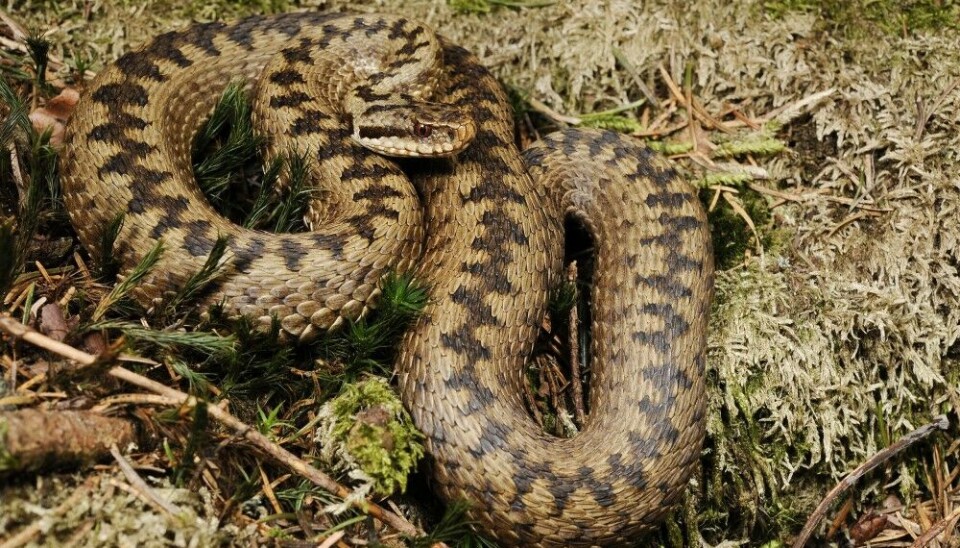
Snakes appear in the Russian north as the Arctic warms
Climate change also drives spiders and herons out of their natural habitat
A major change in the Arctic ecosystem has been recorded by Russian scientists, the state news agency TASS reports.
“We have already received information from the Yamal Peninsula, Yakutia, Taimyr, and the Khanty-Mansiysk regions. Not only the grey heron but also several species of spiders and the common European viper have been spotted north of their usual habitats,” - the expedition’s “Clean Arctic - Voctok-77” representative Oksana Tolstykh told TASS.
Tolstykh explained that scientists obtain such data from local people who send in photos or videos of animals that are unusual for their area.
“This change will affect human life in these areas, from the appearance of atypical plants, insects and animals to changes in weather conditions, which will definitely affect the welfare and health of our population”, - head of the Russian environmental foundation “Nature and People” told TASS - “It is critical to be prepared for such changes - in fact, it is already necessary to adapt to the consequences of climate change, to take care of our common future”.
The warming of the Arctic has been a concern for scientists around the world. For example, the spring of 2024 in the Russian North has been registered as the warmest in the history of weather observations. The North of Norway is currently experiencing an unusual heatwave. Meanwhile, researchers struggle to register changes that climate change brings into the habitat of different animal species as geopolitics hinder border cooperation between Norway and Russia.














